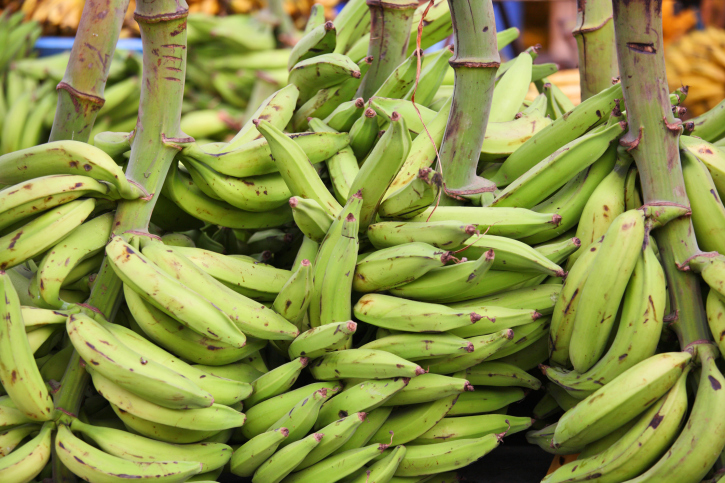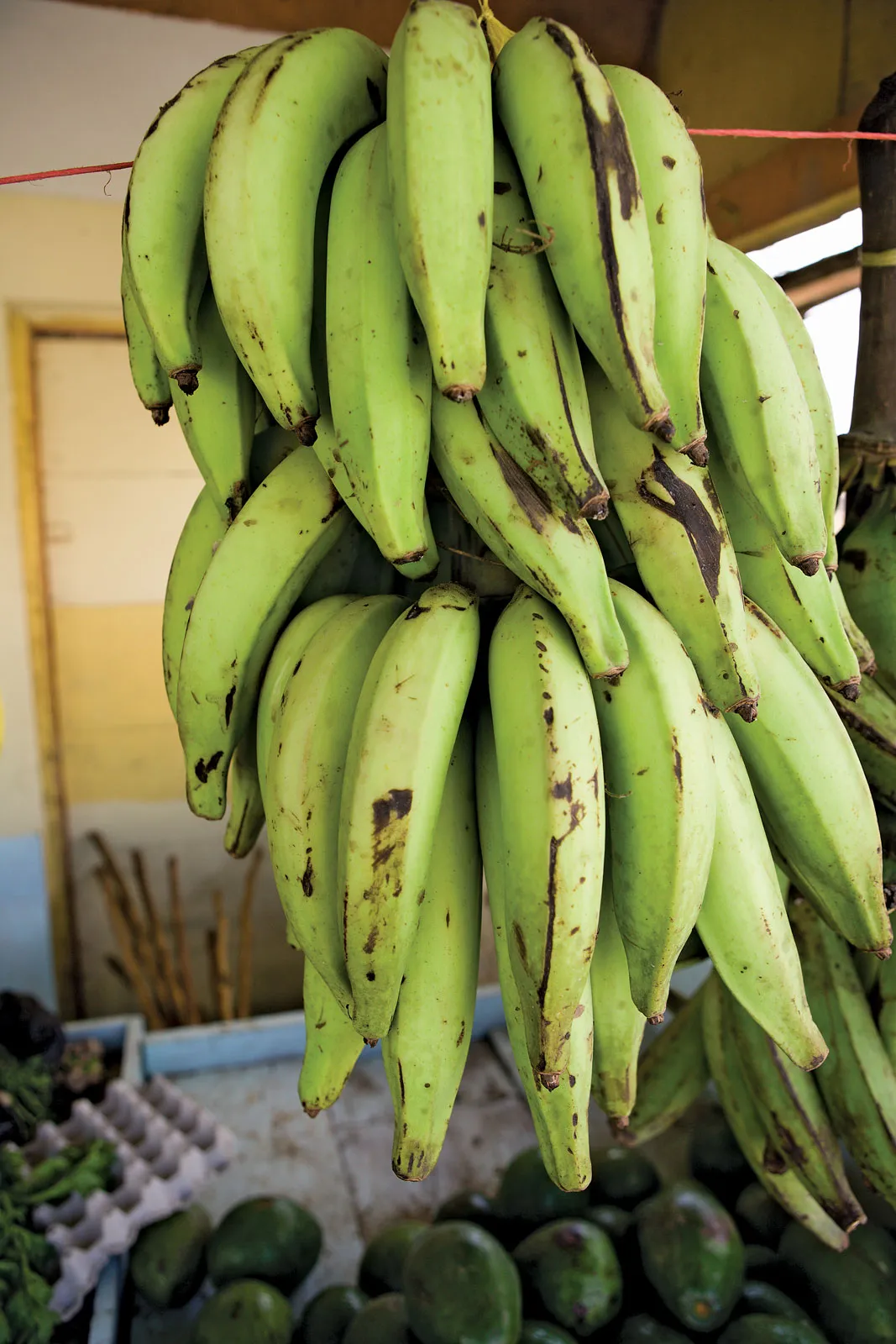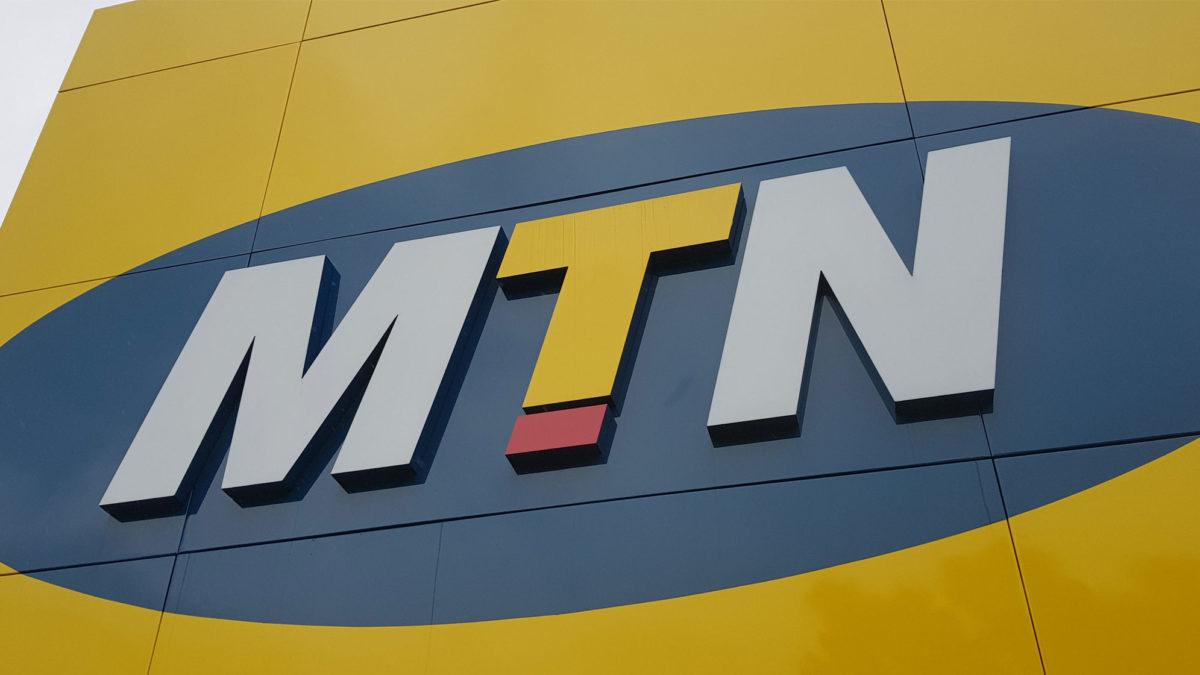As the sun rises over the bustling markets of Ghana, a humble yet beloved staple takes centre stage: fresh plantain. With its distinctive shape, vibrant hues, and tantalizing aroma, fresh plantain holds a special place in the hearts and palates of Ghanaians. But beyond its culinary allure, what is the story behind the market price of this versatile fruit?
Whether you savour it as kelewele, enjoy it alongside hearty fufu and light soup, or relish it fried to golden perfection, the price of fresh plantain unveils a rich tapestry of flavours and stories that span generations.
Join us as we delve into the world of fresh plantains, exploring their significance, uses, and the factors that influence their market price in Ghana.
Market Price of Fresh Plantain in Ghana
In the vibrant tapestry of Ghanaian cuisine, fresh plantains hold a special place. These versatile fruits, with their distinct flavour and firm texture, are a culinary cornerstone in the country. Found in bustling markets and household kitchens alike, fresh plantains are an essential ingredient that graces both traditional and modern Ghanaian dishes.
From street corners to fine dining establishments, you will encounter various ways in which fresh plantains are transformed into delectable creations. When fried to a golden crisp, they become the beloved plantain chip or when riped “kelewele,” a popular street food seasoned with spices that dance on the taste buds. Boiled and mashed, fresh plantains form the backbone of “fufu,” a starchy accompaniment to rich soups and stews. Their naturally sweet undertones add depth and flavour to savoury dishes, creating a harmonious balance that characterizes Ghanaian cuisine.
But aside from these savoury dishes, fresh plantain is used for other important things in Ghana. Let’s find out.
Uses of Fresh Plantain in Ghana
Snacks and Street Food: Roasted plantains, locally known as “Kofi Brokeman,” are a popular street food in Ghana. They are often sold alongside peanuts and enjoyed as a quick and tasty snack.
Flour Production: Green plantains can be dried and ground into flour. Plantain flour is used in Caribbean and West Indian cooking to make various dishes, including bread, pancakes, and porridge.
Traditional Medicine: In traditional Ghanaian medicine, plantains are used for their potential health benefits. They are believed to have properties that can help with digestive issues, such as diarrhoea and constipation. Plantain leaves are also used externally for wound healing and as a poultice for skin conditions.
Nutritional Benefits: Fresh plantains are valued for their nutritional content. They are a good source of fibre, vitamins (such as vitamin C), minerals (including potassium), and antioxidants. Plantains are often included in a balanced diet to provide essential nutrients.
Cultural and Festive Celebrations: Plantains are an integral part of Ghanaian culture and are often included in traditional meals during festive occasions and celebrations. They are considered a symbol of abundance and are used to prepare special dishes for important events.
Importance and Benefit of Fresh Plantain
Fresh plantains have significant nutritional and health benefits. Here are some of its nutritional and health benefits:
Nutritional Value: Plantains are a good source of fibre, which aids in digestion and promotes bowel regularity. They contain vitamins A, C, and B-6, which are essential for maintaining overall health. They are rich in minerals such as potassium and magnesium, which are important for heart health and muscle function. They are also low in fat and calories, making them a healthy choice for those watching their weight.
Digestive Health: Plantains are a good source of resistant starch, which acts as a prebiotic and promotes the growth of healthy bacteria in the gut. The fiber content in plantains helps to regulate bowel movements and prevent constipation.
Antioxidant Properties: Plantains contain antioxidants that help protect the body against free radical damage, which is associated with ageing, heart disease, and certain types of cancer.
Immune Support: Plantains contain nutrients like vitamin C and antioxidants that help support the immune system.
Energy and Muscle Strength: Plantains are rich in potassium, which is important for maintaining muscle strength and energy levels.
Heart Health: The potassium and magnesium content in plantains helps regulate blood pressure and reduce the risk of heart disease. The soluble fibre in plantains helps lower cholesterol levels, reducing the risk of heart disease, heart attack, and stroke.
Market Price of Fresh Plantain
The price of fresh plantain depends on the location, seller and type. A bunch of fresh plantains on its brunch range from GHS 50 to GHS 100. At the local market, 5 to 7 fingers of plantain are sold between GHS 20 to GHS 30.
The prices of fresh plantain in the market keep fluctuating due to certain Factors. Some of these factors are examined below.
Factors Affecting the Price of Fresh Plantain
Supply and Demand: The availability of fresh plantains in the market and the level of demand from consumers can influence the price. If the supply is low or the demand is high, the price may increase.
Seasonality: Plantain production is influenced by seasonal factors. Changes in weather conditions, such as droughts or heavy rains, can affect the yield and availability of plantains, which in turn can impact the price.
Transportation and Logistics: The cost of transporting plantains from farms to markets can affect the final price. Factors such as fuel prices, transportation infrastructure, and logistics can impact the overall cost and, consequently, the price of fresh plantains.
Market Competition: The presence of multiple suppliers and buyers in the market can influence the price of fresh plantains. Increased competition can lead to price fluctuations as suppliers and buyers adjust their prices to remain competitive.
Consumer Preferences: Consumer preferences and demand for specific varieties or quality of plantains can affect the price. If there is a higher demand for certain types of plantains, their price may be higher compared to others.
Recommended Resources:
In conclusion, the market price of fresh plantain in Ghana reflects not only its economic value but also its deep cultural significance. This versatile fruit serves as a cornerstone of Ghanaian cuisine, enhancing traditional dishes and connecting people to their culinary heritage.
Despite fluctuating factors that influence its price, the accessibility of fresh plantains highlights their importance in local diets and economies. As you savour the flavours of this beloved staple, remember that each bite carries with it a rich tapestry of culture, tradition, and community connections.






